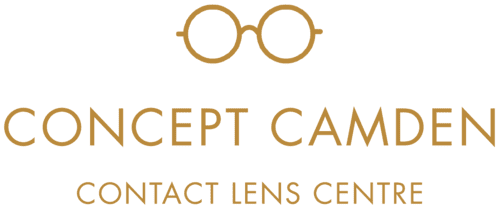What is Myopia?
Do you find it hard to see distant objects, like signposts, until you are only a few feet away? Do you find that you can read text on your computer screen or book up close with ease? If you answered yes then the chances are that you are myopic aka nearsighted. Myopia is a very common condition and is usually corrected with the use of glasses, contact lenses or something like laser eye surgery.
It occurs when the shape of your eye causes incoming light to refract incorrectly and focuses the image in front of your retina instead of on the retina. The condition can develop either gradually or quickly and usually worsens during childhood or adolescence.
Myopia Symptoms
People affected by myopia usually have one or more of these common symptoms:
- Blurred vision when looking at objects at a distance
- Squinting or semi-closing their eyelids to see clearly
- Headaches which are brought about by eyestrain
- Difficulty seeing whilst driving, especially during the night.
If you think your child may be nearsighted look out for the following:
- Persistent squinting
- The need to sit very close to the TV or in front of the class
- Seems unaware of distant objects
- Frequently rubbing their eyes
- Overly blinking.
Myopia Diagnosis & Treatment
The best way to determine if you are myopic is to book an eye test at your local opticians. If you are found to be shortsighted either glasses or contact lenses can be prescribed by the optometrist which will instantly correct your vision. Other options are refractive surgeries such as laser eye surgery which reshapes the cornea, correcting the refraction problems in the eye.
Once you have had your eye test you will receive your prescription for your glasses or contact lenses. This number will be a negative number and the greater the negative number is the stronger your prescription for your lenses will need to be. For example, if your test shows -4.00 you will need a stronger prescription than if your test showed a -2.00.
Complications
The following complications are associated with nearsightedness.
- Reduced Quality Of Life – Someone affected by myopia might not be able to perform tasks as well due to poor vision. In addition not being able to see clearly can affect daily activities and the enjoyment of things such as hobbies.
- Increased Headaches – Having to squint constantly to see clearly can cause eyestrain which in effect can lead to headaches and migraines.
- Increased Risk To Your Safety – Having impaired vision can be very dangerous, especially if you are behind the wheel of a car or you are operating dangerous machinery.
- Additional Eye Problems – Those suffering from severe myopia are also at risk of retinal detachment, glaucoma, cataracts and myopic maculopathy.
